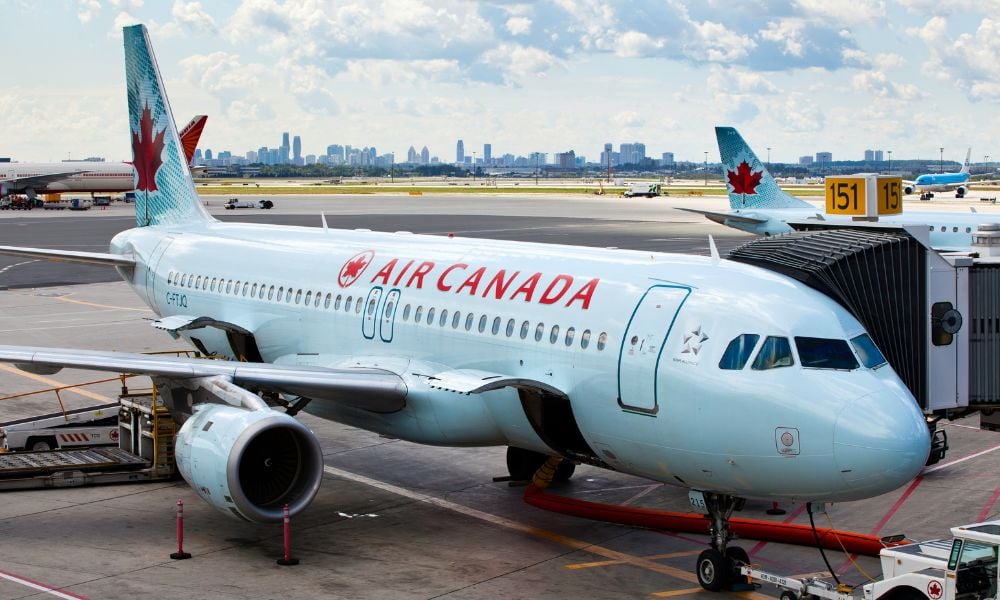Hudy warns she will step down if pilots reject a contract offering 42% wage increases

Charlene Hudy, head of the Air Canada pilots union, has announced she will step down if members reject a tentative agreement with the airline, as per BNN Bloomberg.
During a virtual townhall, Hudy told pilots she “will have no choice but to resign” if they vote against the contract. “If the membership votes no to this (tentative agreement), it would clearly indicate to the public, media, government and company that I no longer speak on your behalf,” she said.
Her statement, made during a question-and-answer session, was obtained by The Canadian Press, and confirmed by two pilots. Hudy further explained, “If I stayed, it would be to your detriment.”
The contract, reached after over a year of negotiations, prevented a strike that could have led to about 670 flight cancellations and affected 110,000 passengers daily. It offers Air Canada's 5,400 pilots a cumulative wage increase of nearly 42 percent over four years.
This exceeds pay increases at the three largest US airlines, where salary hikes ranged from 34 to 40 percent but started from a higher base.
Some pilots, especially newer recruits, have raised concerns about ongoing pay disparities between them and their more experienced colleagues. The contract cuts the period of lower pay from four years to two but still maintains significant wage gaps.
While newer recruits may earn between $75,700 and $134,000 in their first four years, an experienced captain flying a Boeing 777 can earn over $367,000 annually. In the fifth year, wages jump by nearly 40 percent for all pilots.
Union officials sometimes make statements about resignation to emphasise the importance of a tentative deal, according to Michael Bjorge, a Dalhousie University history professor who specialises in industrial relations.
“Oftentimes in bargaining, especially when people have been at the table for a significant period of time, they just say, ‘this is the best we can get’ and they often honestly believe that,” Bjorge said.
However, he noted, “In reality, of course, you never really know what you can get until you push to the maximum.”
Some employees had pushed for the complete removal of the “fixed rate” provision, which currently keeps pay rates flat regardless of the aircraft type flown. Under the new contract, the provision remains but is reduced, with wage increases tied to the fifth year.
Quality of life and scheduling provisions will also play a crucial role as pilots prepare for the upcoming ratification vote.
Many pilots begin their careers at a time when family responsibilities increase. “By the time they first start working, it’s often the time they’re having children. So if mom or dad’s going to be gone for significant periods of time, that’s really hard on families,” Bjorge added.
With a recent surge in hiring, over a third of Air Canada’s 5,200 active pilots may be earning entry-level wages. Many of these recruits come from long careers at other airlines rather than directly from flight school.
The outcome of the ratification vote will determine whether the contract is accepted or whether pilots push for further improvements, with potential consequences for union leadership.



